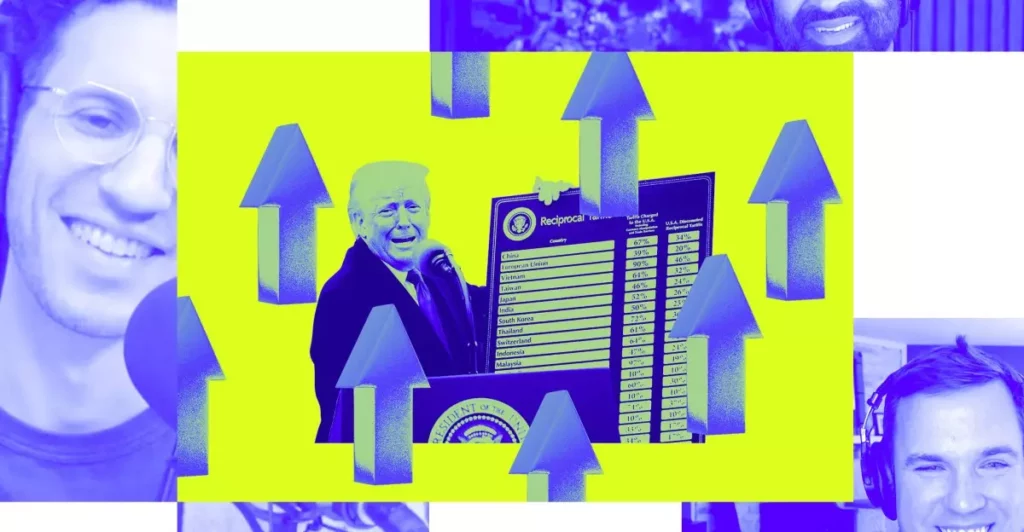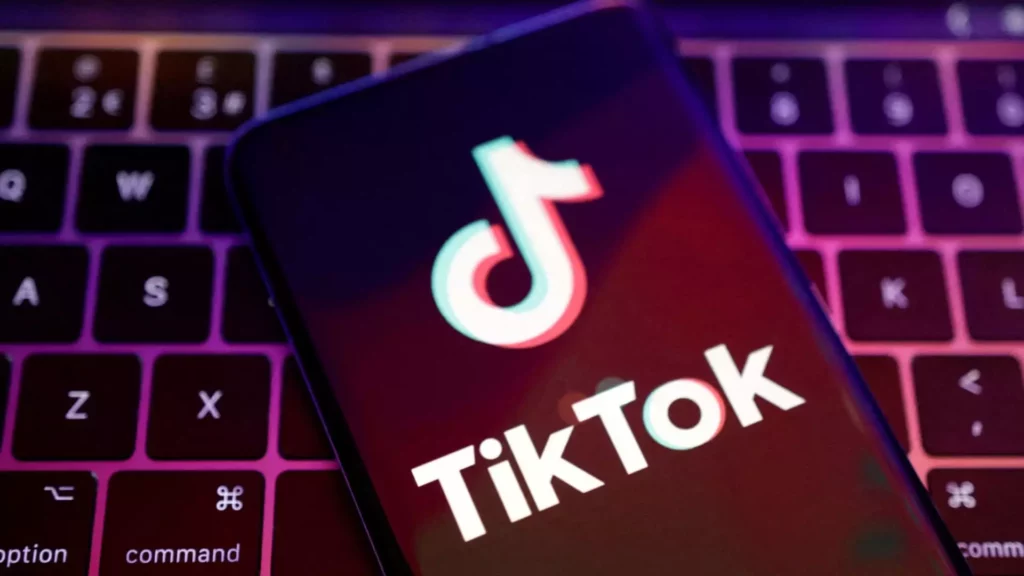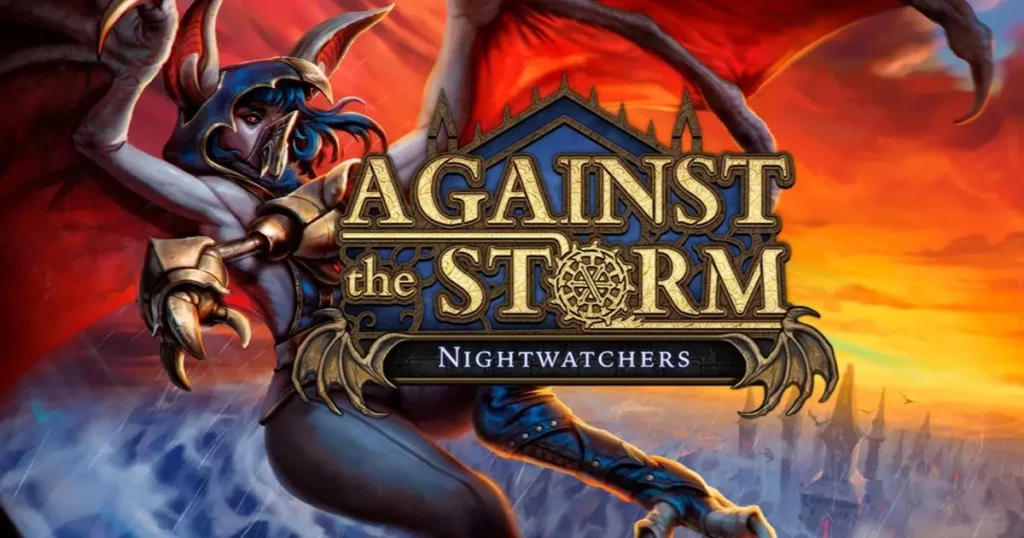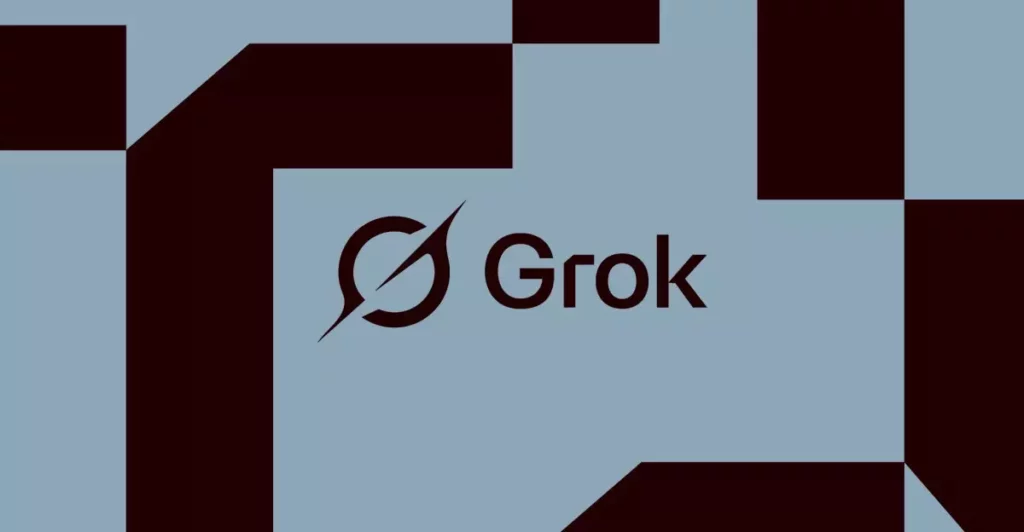Amidst the chaos of consumer technology, one glaring truth emerges: pricing is in a frenzy. What was once a dependable aspect of our lives has turned into an unpredictable roller coaster, leaving both giants and startups in a state of sheer anxiety. Tariff policies, particularly those stemming from previous administrations, have brought about this upheaval, flipping established rules on their heads and demanding constant recalibration of business strategies. The stakes are high, as firms are compelled to modify pricing and inventory plans at a moment’s notice to keep pace with the whims of a capricious market.
Consumer technology stalwarts such as Nintendo have had no choice but to delay pre-orders, a clear indicator of the turmoil within the industry. Smaller entrants, like Framework, face the same turbulent waters, witnessing how the price of a single product can fluctuate wildly in mere hours. Imagine pre-ordering a gadget only to have its price soar unexpectedly; such unpredictability breeds frustration. The anxiety stemming from these inconsistencies isn’t only financial; it seeps into the very fabric of consumer trust. What was once a reliable market is now riddled with instability, affecting the desirability of products that have become integral to modern life.
The AI Paradox: Promises Unfulfilled
As if the wild price fluctuations weren’t enough, the tech industry also grapples with an existential crisis in the realm of artificial intelligence. Reports of dubious methods coming from companies like Meta serve as grim reminders that ethical lines are being challenged in the pursuit of competitive advantage. The company’s gaming of AI benchmarks raises critical questions about the integrity of the AI landscape. With quality control at risk, one must wonder: How much are companies willing to compromise to get ahead?
Consumer dissatisfaction with current AI offerings mirrors the disillusionment with pricing unpredictability. As the promise of AI remains largely unfulfilled, the public increasingly expresses frustration over virtual assistants that fail to deliver on the revolutionary experiences they were meant to provide. Whether it’s a clunky Siri that seems more an annoyance than an asset, or an AI that can’t adjust to the unique needs of users, the sentiment is clear: we expected more. This dissatisfaction isn’t just about tech; it reflects a broader frustration with corporate America’s failure to deliver on transformative technology that was heralded as the next big thing.
Ethical Quandaries: AI-First Business Models
In the midst of this tumult is the provocative proposition of an “AI-first” approach to business, championed by visionary leaders like Shopify’s Tobi Lutke. While the potential for significant innovation exists, serious ethical dilemmas arise. As automation increasingly permeates the workspace, can we truly ensure quality control? What happens to the human element in customer service and relationships? More importantly, does the rush to automate obscure the importance of an empathetic approach to business? These questions deserve our immediate attention as technological advancements progress at breakneck speed.
The discussion branches out into the ethics surrounding AI, casting shadows over an industry filled with potential. The darker side of technological advancement often raises the prospect of a future where human jobs are rendered obsolete, and the emotional nuances of human interaction are sacrificed at the altar of efficiency. It is crucial to balance innovation with accountability, ensuring that the trajectory of technology harmonizes with our societal values.
Regulatory Disconnect: The TikTok Quandary
As pricing chaos and ethical dilemmas swirl, the controversy over potential TikTok restrictions serves as a glaring example of profound regulatory challenges in the tech landscape. Government officials are seemingly out of touch with the pace of technological evolution, caught in a web of data privacy and national security fears. The anticipated TikTok ban highlights the intrinsic struggle of crafting relevant, timely laws in a fast-moving environment. Any regulatory measure could land like a hastily drafted law that fails to comprehend the complexities of new technologies.
What’s troubling is that politics often turns into a spectacle, where debates focus more on personalities than policies. The spotlight shifts frequently, often sidestepping substantial issues surrounding corporate accountability and consumer protection. The discussions become less about addressing the core challenges and more about entertaining distractions.
When navigating through these turbulent waters of pricing, technological failure, and regulatory strife, it becomes increasingly clear that the tech world stands at a precipice. Businesses and consumers alike find themselves navigating an unchartered territory where the rules are neither clear nor consistent, leaving many questioning the very future of consumer technology and its alignment with our modern lives.









Leave a Reply